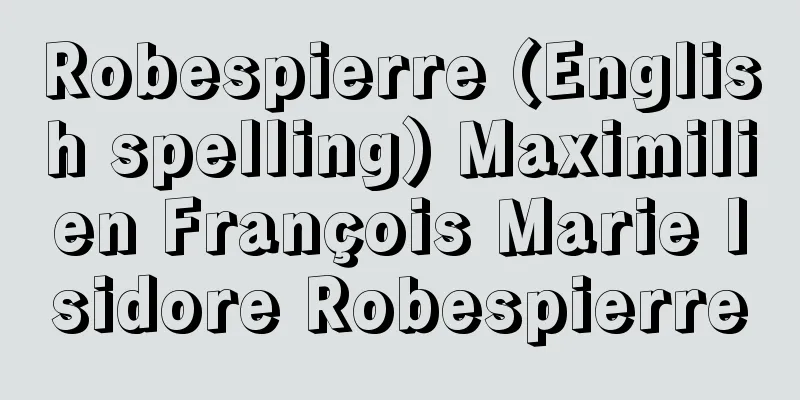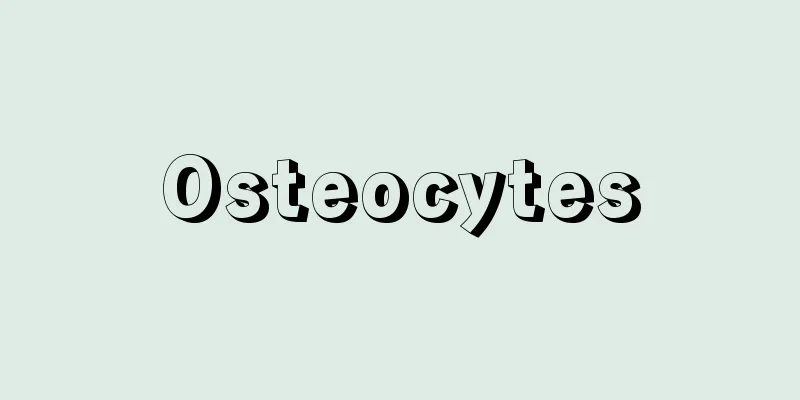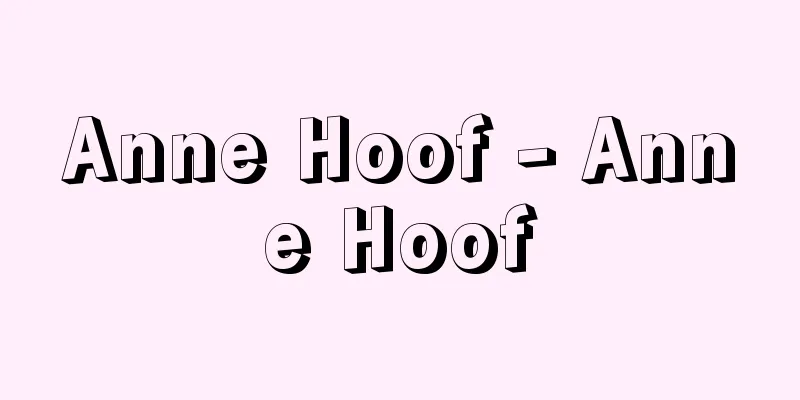Robespierre (English spelling) Maximilien François Marie Isidore Robespierre

|
A politician during the French Revolution. Born on May 6th in Arras in northern France. His father was a lawyer, but disappeared, and he was raised by his maternal grandfather. He entered the prestigious École Louis-le-Grand in Paris as a scholarship student from a convent in Arras, where he showed great talent. During this period, he met J. J. Rousseau in his later years, either in Paris or Ermenonville, and was deeply impressed by him. In 1781, he qualified as a lawyer and returned to Arras to open a practice. He joined the Academy and the Literary Society, and some of the cases he defended caused social repercussions, and his consistent policy was to protect the oppressed. He also published papers on the cases, including social criticism, and in December 1788, as the elections for the Estates General approached, he published a pamphlet called "An Appeal to the People of Artois," and was elected to the Estates General the following April 1789. He was a fierce opponent of the restriction of citizen enrollment in the National Guard and of the right to vote, and when the Feuillants split off from the Jacobin Club during the republican movement following the Champ de Mars massacre in September 1791, it was he and Jérôme Pétion de Villeneuve (1756-1794) who reconstituted it. At the end of the Constituent Assembly (which was renamed the National Assembly in June 1789 and then the Constituent Assembly in July), Robespierre proposed, and got it passed, that current members should not be re-elected. When the Legislative Assembly was held in October 1791, Robespierre's political activities were centered on the Jacobin Club, where he published a journal called "Defender of the Constitution." At the time, there was a strong sentiment for war in France, and within the club, the Brissot faction was the strongest in favor of war. Robespierre and the minority in the party took an anti-war stance on the grounds that war would bring hardship to the people, but in 1792 France declared war on Austria first. When the country reached a state of emergency due to foreign wars and the economic crisis, he supported the armed uprising of the people, and when revolutionary democracy was on the rise after the "August 10th Affair" in the same year, he became a representative figure of the sans-culottes in opposition to the Brissot faction (Girondists). In September 1792, he was elected to the National Convention in Paris, and with the support of the Sans-Culottes, he opposed the Girondists' attacks on Robespierre's supporters (the Mountain Faction). He responded to the food crisis and military crisis in the spring of 1793 with revolutionary legislation, such as the establishment of the Revolutionary Tribunal and the implementation of the Maximum Prices Edict. From the end of May to June of that year, the revolutionary people of Paris expelled the Girondists, and in July Robespierre joined the Committee of Public Safety, and the Jacobins, centered around Robespierre's supporters, seized dictatorial power. Robespierre, along with his ally Saint-Just and Couthon (1755-1794), believed that the support of the people was necessary to overcome the crisis of the revolution, and tried to make some concessions to their social demands, acting as a mediator between the sans-culottes and the Jacobin bourgeoisie of the Assembly. Therefore, the Reign of Terror and the land legislation were political concessions to the Hébertites, but in October 1793, the Assembly declared the establishment of a revolutionary government and suspended the 1793 Constitution to deal with the emergency, gradually turning to oppression of popular associations in Paris. In March 1794, the so-called Law of the Vintous (law to distribute the property of suspected counter-revolutionaries to the poor free of charge) was the climax of revolutionary legislation, and in that month, the radical Hébertites were executed on the accusation of Saint-Just, and in April, the moderate Dantonists were executed. During this time, the revolution was led by Robespierre's supporters, but as the war and economic situation improved, there was a strong movement to eliminate and suppress the political intervention of popular associations, and therefore Robespierre's presence was no longer necessary, and on July 27 (Thermidor 9 in the revolutionary calendar), his supporters were arrested in a coup d'état and executed the next day (Thermidor Reaction). He maintained an ascetic and disciplined life throughout his life and never married. [Koji Inoue] "Robespierre - The Blood-Stained Hands of Rousseau" by Koji Inoue, new edition (1981, Seibundo Shinkosha)" ▽ "Robespierre" by Marc Bouroiseau, translated by Tadamitsu Oshizuka (Hakusuisha, Quessais-Ju paperback)" [References] | | | | | | |Source: Shogakukan Encyclopedia Nipponica About Encyclopedia Nipponica Information | Legend |
|
フランス革命期の政治家。5月6日、フランス北部のアラスで生まれる。父は弁護士であったが失踪(しっそう)し、母方の祖父に育てられた。アラスの修道院の給費生としてパリの名門校ルイ・ル・グラン学院に入学し、秀才ぶりを発揮した。この期間にパリか、エルムノンビルか、いずれかで晩年のJ・J・ルソーに面会し、終生忘れぬ感銘を受けた。1781年弁護士の資格を得てアラスに帰り開業した。アカデミーや文学会にも入会し、彼が弁護した事件には社会的反響をよんだものもあり、終始被圧迫者を守るのが一貫した方針だった。事件について社会批判を含む論文も発表し、1788年12月、三部会の選挙が迫ると『アルトア州民に訴える』というパンフレットを発表し、翌1789年4月には三部会議員に選出された。市民の国民兵登録と選挙権の資格制限には激しく反対し、1791年9月シャン・ド・マルスの虐殺事件後の共和制運動のなかで、フイヤン派がジャコバン・クラブから分裂したとき、その再建にあたったのは彼およびペティヨンJérôme Pétion de Villeneuve(1756―1794)であった。ロベスピエールは、憲法制定議会(三部会が1789年6月に国民議会、さらに7月に憲法制定議会と改称)の最後になって現議員は再選されるべきでないことを提案し、通過させた。 1791年10月、立法議会が開催されると、ロベスピエールの政治活動はジャコバン・クラブを舞台とし、『憲法を守るもの』という機関紙を発刊してこれに拠(よ)った。おりしもフランスに開戦の空気が強く、クラブ内ではブリソ派の開戦論が強力で、これに対しロベスピエールら少数派は、戦争は民衆の窮迫を招くという理由で反戦の立場を主張したが、1792年フランスはまずオーストリアに宣戦した。対外戦争と経済危機のために非常事態を迎えたとき、彼は民衆の武装蜂起(ほうき)に賛成し、同年の「八月十日事件」を経て革命的民主主義が上昇線を描くと、ブリソ派(ジロンド派)に対して彼がサン・キュロットの代表的人物となった。1792年9月、国民公会のパリ選出議員となり、ジロンド派のロベスピエール派(山岳派)に対する攻撃にはサン・キュロット民衆の支持によって対立し、1793年春の食糧危機、軍事的危機に革命的立法によって対処した。革命裁判所の設立、最高価格令の施行などがこれである。同年5月末から6月にかけてパリの革命的民衆はジロンド派議員を追放し、7月にロベスピエールは公安委員会に入り、ロベスピエール派を中心とするジャコバン派が独裁権力を握った。 ロベスピエールは盟友サン・ジュスト、クートンGeorges Auguste Couthon(1755―1794)らとともに、革命の危機の克服には民衆の支持が必要と考え、その社会的要求にある程度譲歩しようとし、いわばサン・キュロット民衆と議会のジャコバン派ブルジョアの中間にたって媒介者の役割を果たした。したがって恐怖政治、土地立法にしてもエベール派民衆に対する政治的譲歩であったが、1793年10月、議会は革命政府の樹立を宣言して非常事態に対処するため1793年の憲法を停止し、しだいにパリ民衆結社の弾圧に転じた。1794年3月、いわゆるバントーズ法(反革命容疑者の財産を貧困者に無償分配する法律)は革命的立法の頂点で、この月サン・ジュストの告発によって急進的エベール派を、4月には穏和的なダントン派を処刑した。この一時期、革命はロベスピエール派に指導されたが、戦局と経済状況好転の見通しがつくと、民衆結社の政治介入を排除し、これを制圧する動向が強く、したがってロベスピエール自身の存在も必要なく、7月27日(革命暦テルミドール9日)、クーデターによって彼の一派は捕らえられ、翌日処刑された(テルミドールの反動)。彼は終生禁欲的な規則正しい生活を守り、結婚もしなかった。 [井上幸治] 『井上幸治著『ロベスピエール――ルソーの血ぬられた手』新版(1981・誠文堂新光社)』▽『マルク・ブゥロワゾオ著、遅塚忠躬訳『ロベスピエール』(白水社・文庫クセジュ)』 [参照項目] | | | | | | |出典 小学館 日本大百科全書(ニッポニカ)日本大百科全書(ニッポニカ)について 情報 | 凡例 |
Recommend
Prosobranchia
...they are further divided into three subclasses...
Vienna Formula - Vienna Formula
⇒Wien's displacement law Source: About Shogaku...
Itome - Itome
A marine animal belonging to the order Polychaeta...
Rampur Boalia (English spelling)
…Population: 318,000 (1991). The name of the plac...
Fiction - Travel
〘noun〙① To make something that is not true appear ...
Hida Metamorphic Belt
Geologically, this tectonic unit is located at the...
Kake
…Considering the wide distribution of cockfightin...
Lagrangian equilibrium points - Lagrangian equilibrium points
As a special case of the three-body problem, if on...
Kaihoku Kainan Do Senishi - Kaihoku Kainan Do Senishi
…During the Five Dynasties, it belonged to the So...
Bird-attaching group
A school of fish that seabirds follow. It is also ...
Parish tax - kyokuzei
…In the center of a parish, that is, in the cente...
Mr. Masuyama
A feudal lord of the early modern period. Born in ...
Lineage - Lineage (English spelling)
A lineage, sometimes called a tribe, is a group o...
Three words and two beats - Sangennhik
A collective term for "Novels of Ancient and...
Harem - Harem (English spelling)
In the Islamic world, the area where women live i...





![Obata [town] - Obata](/upload/images/67cb2150dd551.webp)



